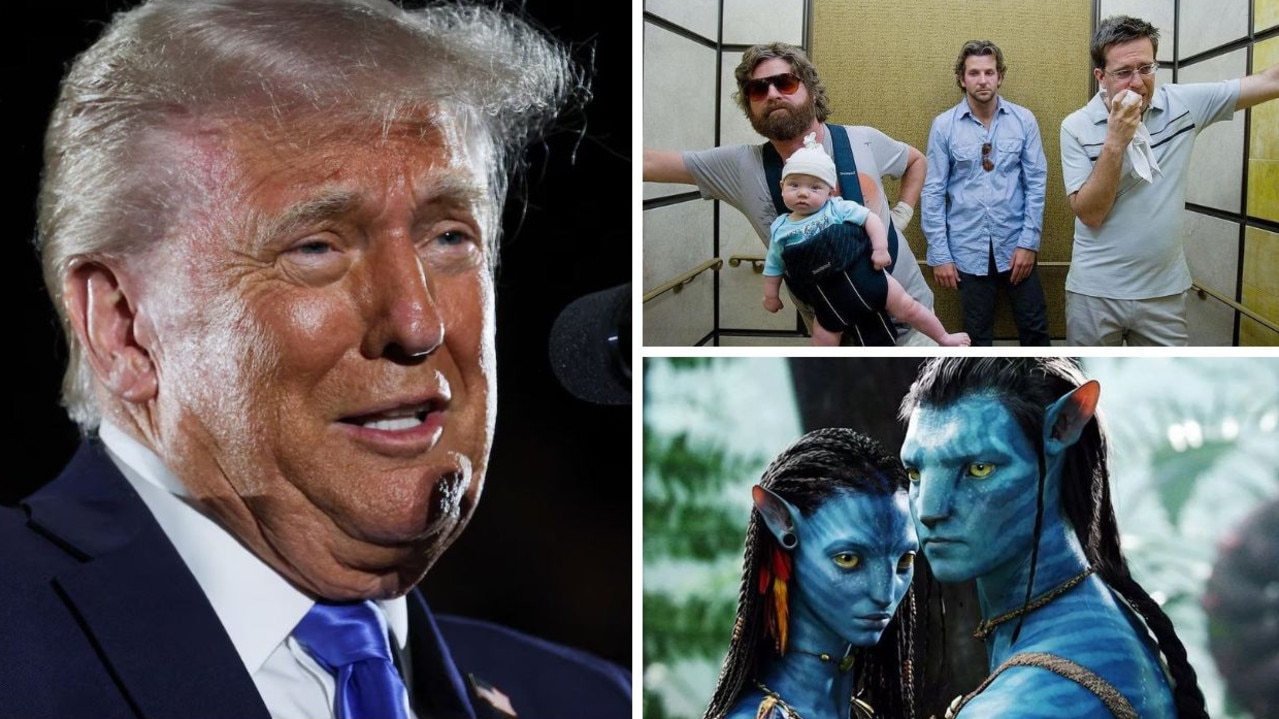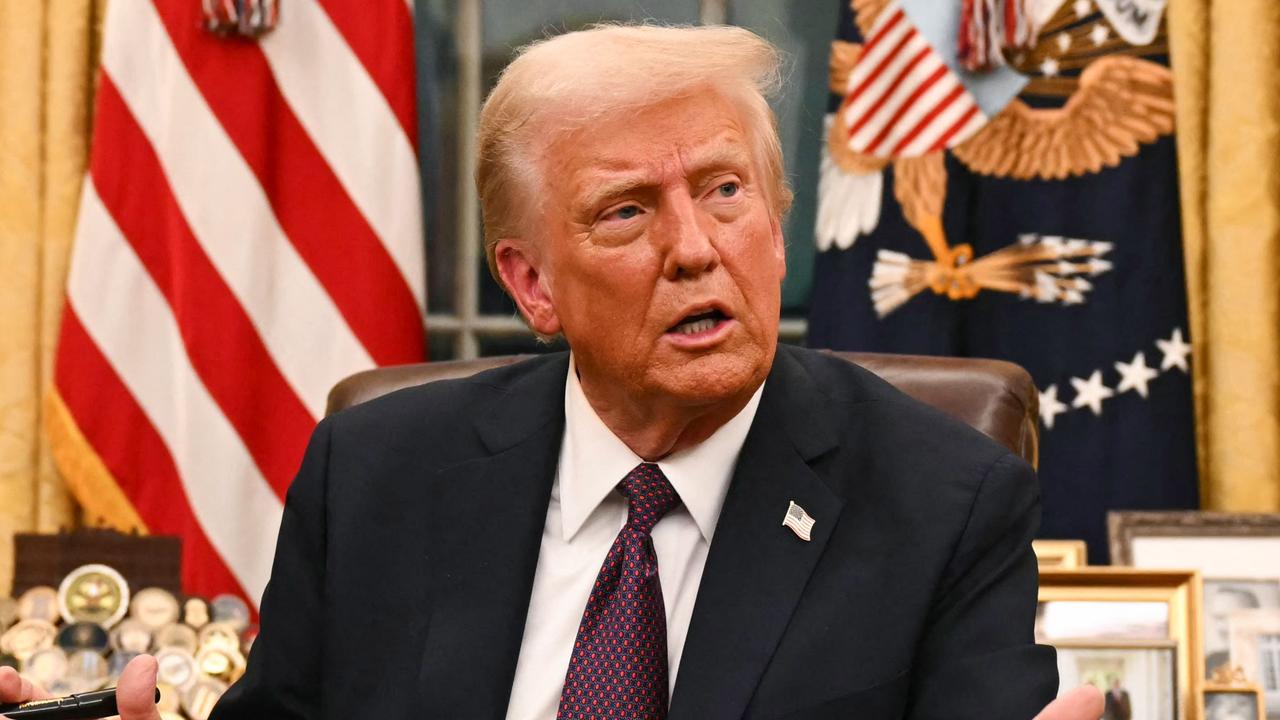Titanic and Avatar director James Cameron hoping to make new Terminator trilogy
HE said he’d be back and he meant it — director James Cameron has revealed he wants to make more Terminator movies.
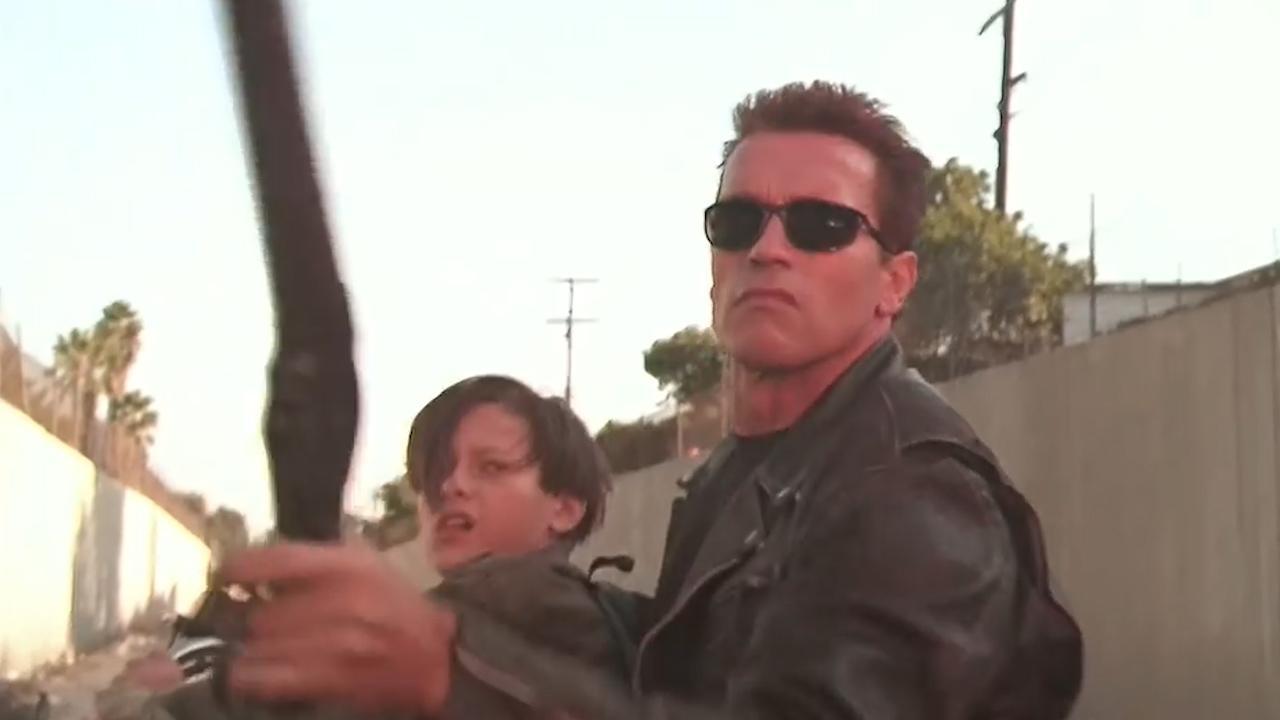
HE said he’d be back and he meant it — director James Cameron wants to make another three Terminator movies.
The master director, behind the two highest grossing movies of all time in Avatar and Titanic, says he is looking to “reinvent” the big-budget sci-fi franchise that put him on the map in 1984. His original Terminator, starring Arnold Schwarzenegger as a murderous cyborg sent from the future was made for a modest US$6million and went on to make US$78 million and became a cult classic.
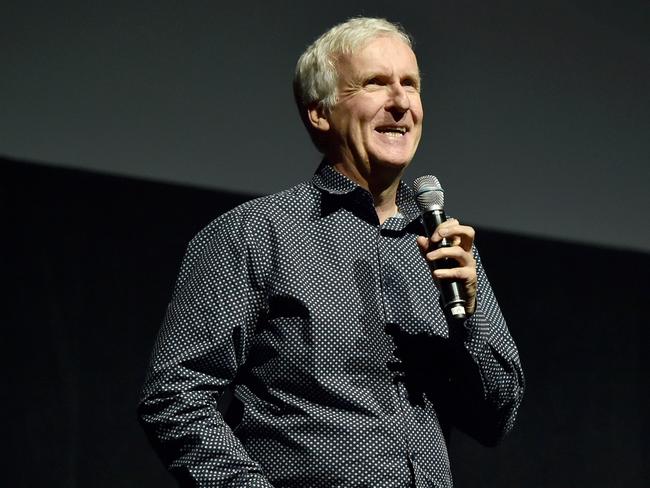
Its 1991 sequel, Terminator 2: Judgment Day, was at the time the most expensive film ever made, with a budget of US$100 million, and was a critical and box office hit, raking in US$520 million thanks to its explosive mix of memorable characters, old-school action and cutting-edge technology.
Cameron opted out of directing the third film, Rise Of the Machines, and the franchise has been in decline ever since. 2015’s critically derided reboot Terminator: Genisys, with Game Of Thrones’ Emelia Clarke and Aussies Jason Clarke and Jai Courtney joining Schwarzenegger in the cast was to be the first in a new series, but underperformed at the box office, making sequels unlikely.
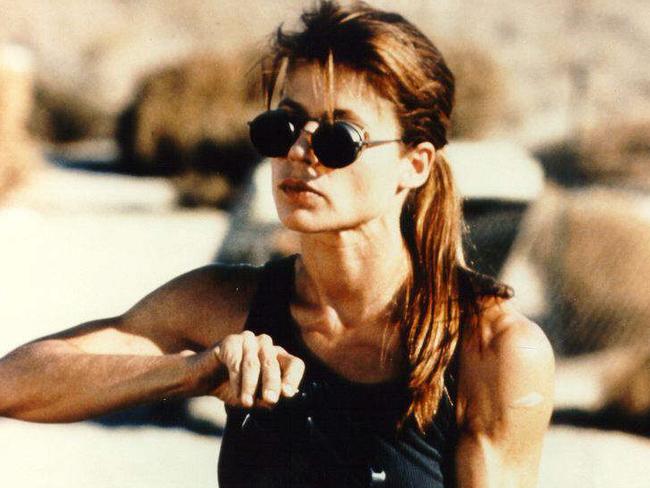
But now, ahead of 3D theatre re-release of T2 next month, Cameron says he is in negotiations to oversee a new “three-film arc” if the ongoing issues with the rights to the franchise can be resolved. The rights to make the films have changed several times since the release of the first film, but under US copyright law some rights will revert to Cameron in 2019. Schwarzenegger would be involved “to some extent” in the proposed trilogy but the plan would be to introduce new characters to “pass the baton”.
“The question is — has the franchise run its course or can it be freshened up?,” says Cameron. “Can it still have relevance now where so much of our world is catching up to what was science fiction in the first two films. We live in a world of predator drones and surveillance and big data and emergent AI (artificial intelligence).
“So I am in discussions with David Ellison, who is the current rights holder globally for the Terminator franchise and the rights in the US market revert to me under US copyright law in a year and a half so he and I are talking about what we can do. Right now we are leaning toward doing a three-film arc and reinventing it.”
“We’ll put more meat on the bones if we get past the next couple of hurdles as and when we announce that.”
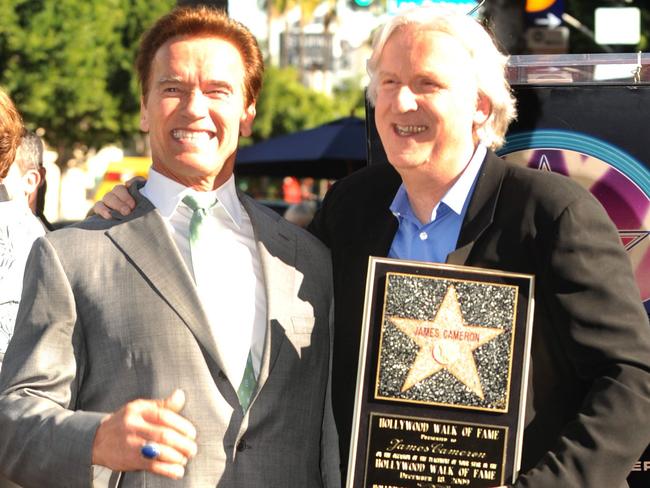
Cameron has been circumspect about the films made since his departure, Rise Of the Machines (2003), Salvation (2009) and Genisys, but has tempered his criticism out of respect for his long-time friend Schwarzenegger, who has appeared in all of them.
“I think it’s fairly widely known that I don’t have a lot of respect for the films that were made later,” Cameron says. “I was supportive at the time in each case for Arnold’s sake because he is a close friend. He has been a mate of mine since 33 years ago so I was always supportive and never too negative. But they didn’t work for me for various reasons.”
Cameron is about to start shooting the first of four long-awaited sequels to Avatar, which will be released in December 2020. A passionate environmentalist and underwater explorer — he became just the third person to reach the deepest part of the ocean in 2012 — Cameron says the sequels will reflect the environmental themes of the first film, but not at the expense of the story.
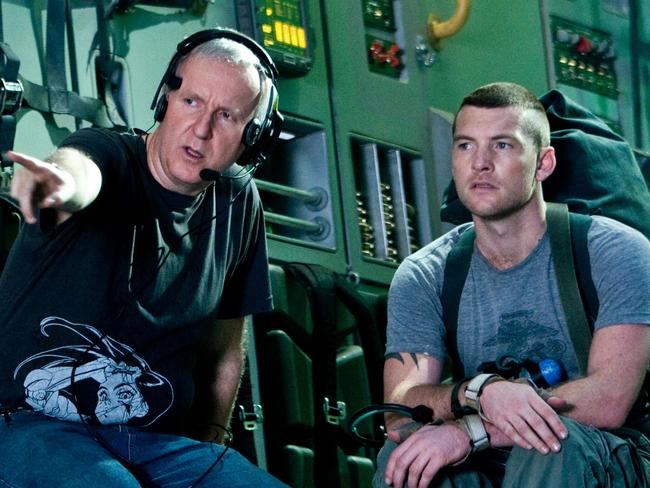
“I think the critical balance to be struck in the sequels is to make sure that it doesn’t thematically overwhelm the entertainment value. And it won’t,” he says. “If you have great characters and great visuals and great settings and a powerful story, which I believe we do, then the thematic stuff can continue at about the same level as in the first film and to me then it’s a positive resonance.
“I think people will expect the Avatar sequels to do what the first one did, which is to appeal to them at different levels, including even a spiritual level and hopefully that will all be there for them. I can’t become more didactic and start banging people over the head with something that a lot of them don’t want to hear about. I’d rather do that in my non-Avatar activism and philanthropy and investment in which I am very active in trying to reinvent our perception of food and agriculture.”


